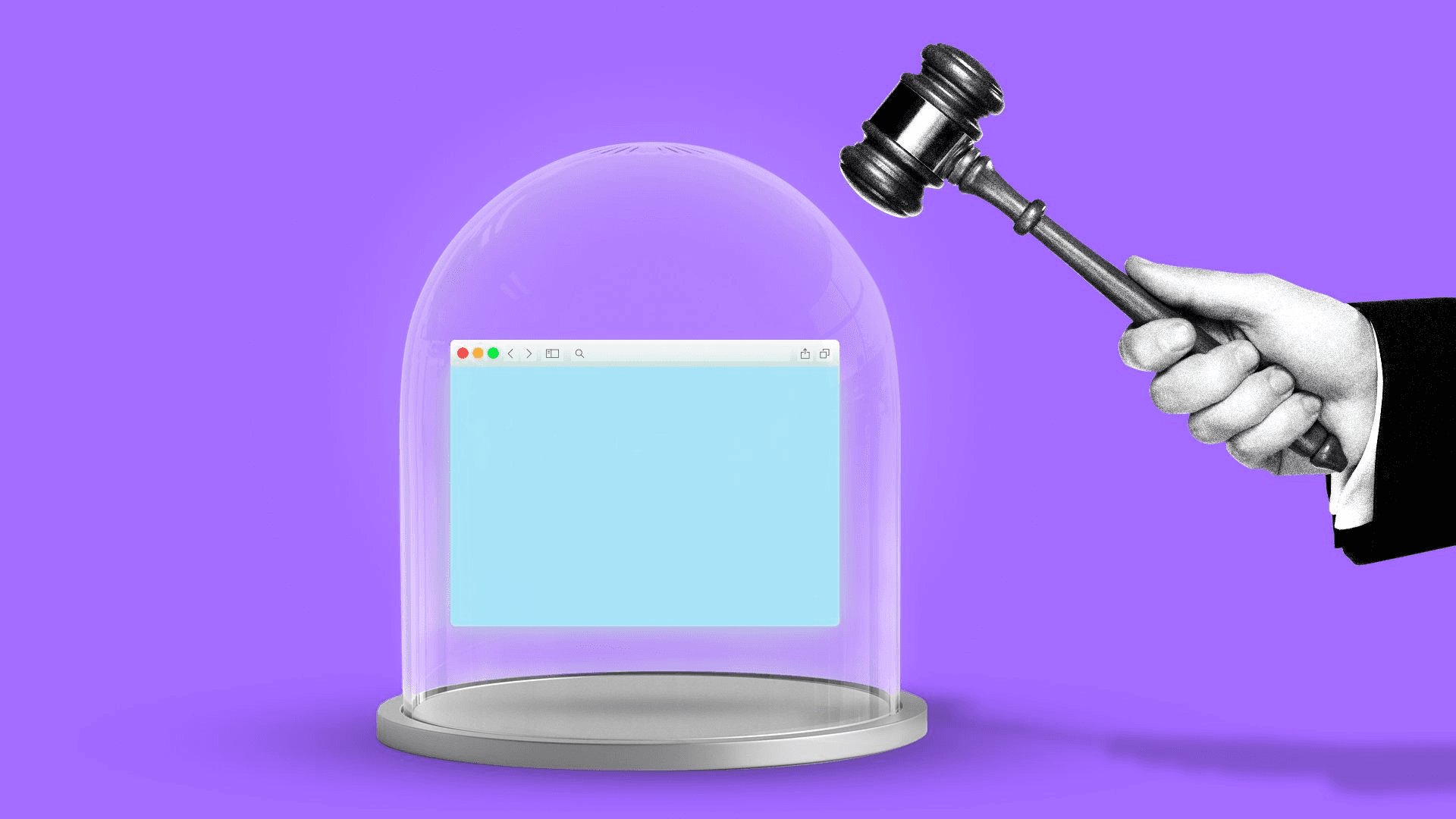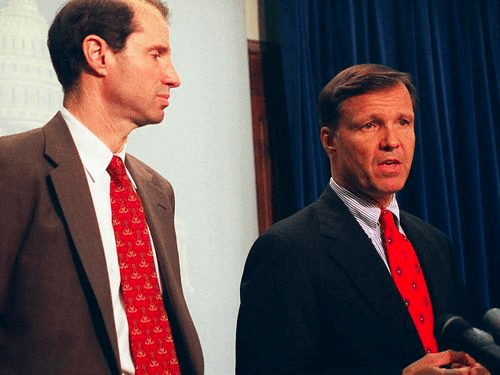Section 230
Section 230 of the Communications Decency Act is the key provision governing the liability of online service providers in the United States.
The Cox-Wyden Amendment to the Communications Decency Act (CDA), now commonly referred to as Section 230, sought to address the issue of intermediary liability — a phrase used to determine to what extent third parties are legally responsible for the speech of others. Legal ambiguity and outdated telecommunications regulations blurred the lines between publishers and distributors of online content, forcing courts to answer cases based on obsolete legal precedent. Addressing that ambiguity was a critical goal of the amendment’s authors.
Section 230 is the key provision governing the liability of online service providers in the United States. The amendment offered two primary legal protections for online service providers. First, it protects these companies from being held liable for users’ harmful or illegal speech on their platforms. Second, it protects them from being held responsible for the content they remove in “good faith” while attempting to prohibit harmful or illegal speech. However, Section 230 does not absolve these companies of liability when violating federal criminal law, copyright law, or sex trafficking law. In June 1997, following a suit by the ACLU and other organizations, the Supreme Court unanimously struck down the anti-indecency sections of the CDA but left Section 230 intact.
Current Events

Social Media Antitrust

